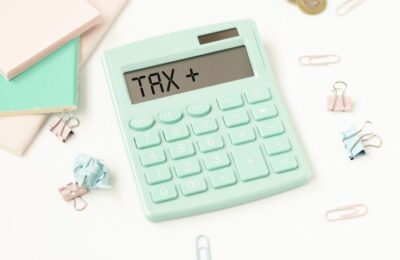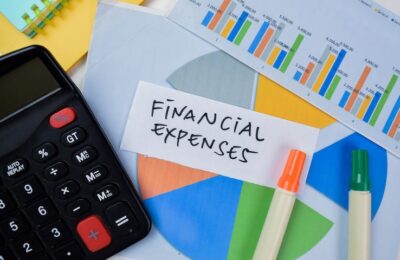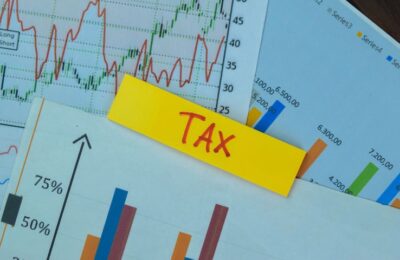If you regularly save money in ISAs, you’ll be pleased to know that HMRC has dropped its opposition to fractional shares ISAs. As we blogged back in October 2023, there was a great deal of uncertainty about these investments. However, while the Treasury began work on plans to give fractional shares ISAs tax-free status, the general election got in the way. Since then, we’ve had a change of government and reports indicate that fractional shares ISAs will indeed be tax-free.
What are fractional shares ISAs?
Fractional shares ISAs are offered by a wide range of ISA providers. Shares in some companies are very expensive. At the time of writing a single share in Apple would cost you around £167, while one in Facebook owner Meta would set you back roughly £390.
At these prices, whole shares are beyond the means of many small investors. However, some providers allow you to buy part of a share within your ISA. For example, some will allow you to invest as little as £10 in a fractional share.
Why are fractional shares ISAs popular?
Fractional shares ISAs are increasingly popular with new and young investors, particularly those with only small sums to invest. The last government wanted to make sure that ISAs with fractional shares were tax-free. However, HMRC had made it clear that the ISA regulations then in force didn’t allow this.
However, reports now indicate that HMRC has dropped its opposition to fractional shares ISAs. This is because the new government is expected to change the rules. This means that, if you hold fractional shares in an ISA, any gains or dividends you make will be tax-free. (This assumes you invest no more than the maximum allowed £20,000 per year across your ISAs).
Good news for small investors
Small investors are likely to be relieved by the clarification. If the rules weren’t changing, it’s conceivable that HMRC would insist that account holders sold on any fractional shares they hold. They could also have faced tax on gains, plus possible late payment penalties. That said, HMRC could have pursued the ISA providers instead. As HMRC said in 2003, “When an ISA manager allows investment in non-qualifying assets, we would seek to recover any tax loss from the Isa manager rather than the investor where possible.”
British ISA scrapped
While the government wants clarity about fractional shares ISAs, it has killed off the so-called British ISA before it was even available.
The British ISA was announced in the March 2024 Budget. It would have given you an extra £5,000 ISA allowance. This would have had to have been invested exclusively in UK assets.
According to Accountancy Daily, many experts are glad the British ISA has hit the buffers. Several thought the idea was needlessly complex and that a simpler ISA regime was more likely to encourage people to invest. Furthermore, people with stocks and shares ISAs in the UK tend to invest largely in the London markets anyway.
Need help with tax planning?
ISAs can be a vital part of tax planning. Now that HMRC has dropped its opposition to tax-free fractional shares, investors have more choice – and don’t need to worry they’ll face an unexpected tax bill. If you’d like further help with your tax planning, including inheritance tax planning, get in touch with one of our friendly accountants today.
About Jon Pryse-Jones
Since joining THP in 1978, Jon Pryse-Jones has been hands on with every area of the business. Now specialising in strategy, business planning, and marketing, Jon remains at the forefront of the growth and development at THP.
An ideas man, Jon enjoys getting the most out of all situations, “I act as a catalyst for creative people and encourage them to think outside the box,” he says, “and I’m not afraid of being confrontational. It often leads to a better result for THP and its clients.”
Jon’s appreciation for THP extends to his fellow team members and the board. “They really know how to run a successful business,” he says. He’s keen on IT and systems development as critical to success, and he continues to guide THP to be at the cutting edge and effective.
Read more about Jon Pryse-Jones











